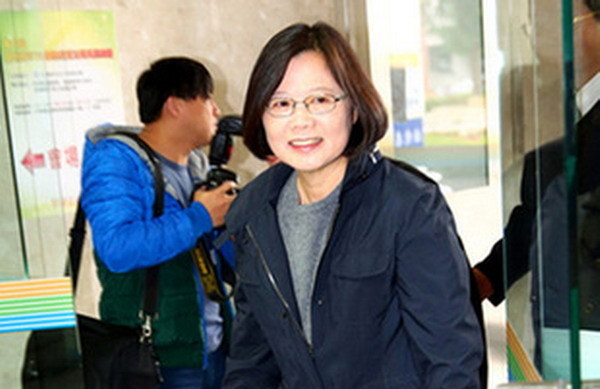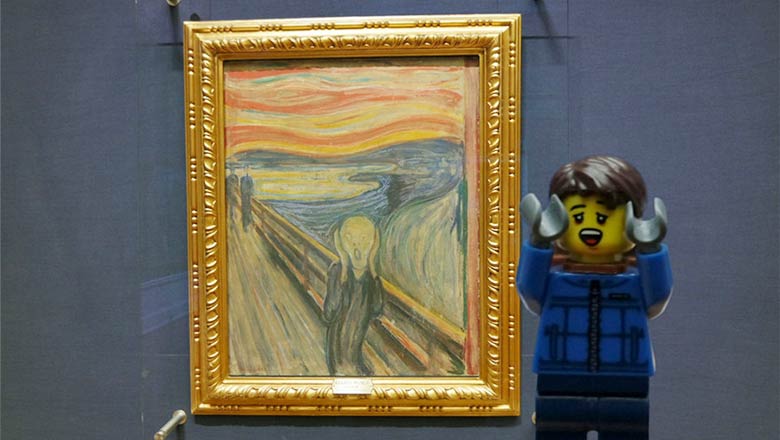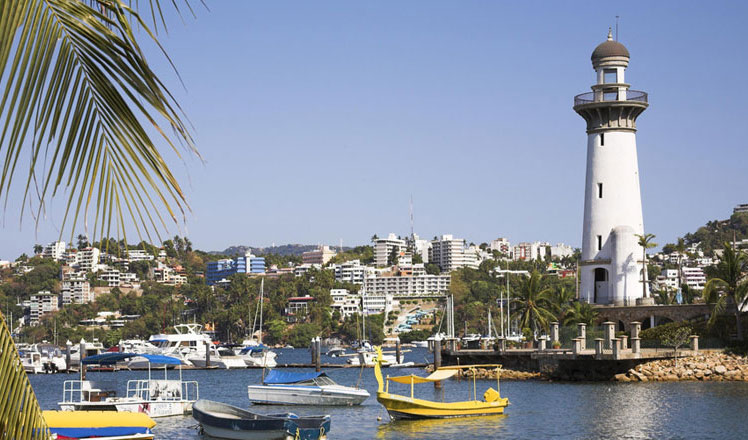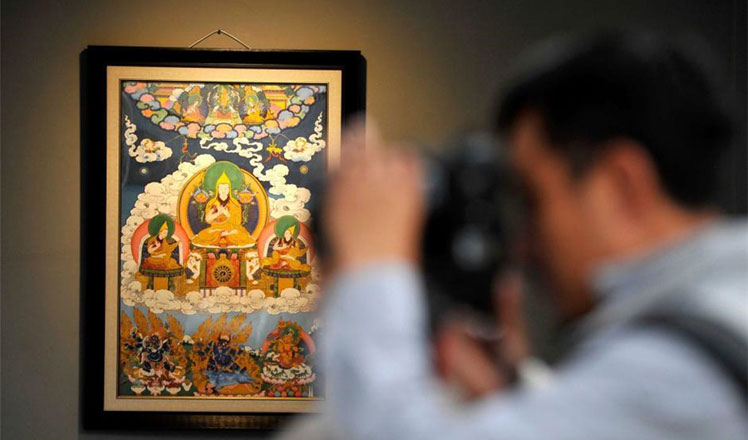Tsai cannot keep dodging 1992 Consensus forever
Updated: 2016-05-06 07:29
(China Daily)
|
||||||||
 |
|
File photo of Taiwan DPP chair Tsai Ing-wen. |
With two weeks to go before Tsai Ying-wen delivers her inaugural speech as the new leader of Taiwan, it looks increasingly clear that the current impasse between the Chinese mainland and the new caretakers in the island will not end any time soon.
A dose of political realism is thus critical for crisis prevention at such a tricky juncture.
Through an article published in People's Daily, the central authorities reiterated that not adhering to the 1992 Consensus, in which it was agreed both sides of the Straits belong to one China, constitutes sabotaging the common political foundation for cross-Straits ties.
Yet that is precisely what Tsai, as head of the independence-minded Democratic Progressive Party, has been trying to skirt around. She did say she would prefer preserving the status quo. But she has been dodging inquiries about her position regarding the 1992 Consensus, which the DPP has vehemently opposed.
The mainland, on the other hand, has been unequivocal, warning that without the consensus the status quo will not exist.
To the mainland, one China is the bottom line. Which is a fait accompli in both international law as well as domestic laws in the mainland and Taiwan.
It may be difficult for Tsai to officially endorse the consensus in a policy statement that will be closely inspected by her party. Not only because she can't afford being identified as "pro-mainland" within her own party, but also because her party is already on an all-out offensive against everything Kuomintang. The consensus, as a core Kuomintang legacy, is a thorn in the DPP's side.
Openly denying it, however, is obviously a non-option, because that will result in withering cross-Straits economic and trade ties, renew military tensions, and put an end to the hard-earned "diplomatic truce".
DPP sources close to Tsai have indicated that Tsai will make no mention of the 1992 Consensus in her May 20 inauguration speech. Playing word games may save her from receiving an immediate, fierce backlash that day. But she can't count on being ambiguous indefinitely.
Even if not in her inaugural speech, Tsai must come up with an answer acceptable to the mainland. Because, as the mainland said, it is indispensable if the status quo is to continue.
The anticipated Ice Age for bilateral ties and subsequent "cold peace" would be best-case scenarios should the current goodwill come to an end.
- Rousseff: Accusations against her 'untruthful'
- Almost one-sixth of Brazil's confirmed microcephaly cases linked to Zika
- Impeachment trial against Rousseff recommended to senate
- With nomination secured, Trump to aim all guns at Hillary Clinton
- Obama sips Flint water, urges children be tested for lead
- Massive protests against Abe mark Japan's Constitution Memorial Day

 Five things you may not know about the Start of Summer
Five things you may not know about the Start of Summer
 Art imagines celebrities as seniors
Art imagines celebrities as seniors
 Japanese animator Miyazaki's shop a big hit in Shanghai
Japanese animator Miyazaki's shop a big hit in Shanghai
 Star Wars Day celebrated around world
Star Wars Day celebrated around world
 Lego man goes backpacking around world
Lego man goes backpacking around world
 Olympic flame lands in Brazil for 94-day relay to Games
Olympic flame lands in Brazil for 94-day relay to Games
 Top 10 least affordable cities to rent in
Top 10 least affordable cities to rent in
 Exhibition of Tibetan Thangka painting held in Lhasa
Exhibition of Tibetan Thangka painting held in Lhasa
Most Viewed
Editor's Picks

|

|

|

|

|

|
Today's Top News
Liang avoids jail in shooting death
China's finance minister addresses ratings downgrade
Duke alumni visit Chinese Embassy
Marriott unlikely to top Anbang offer for Starwood: Observers
Chinese biopharma debuts on Nasdaq
What ends Jeb Bush's White House hopes
Investigation for Nicolas's campaign
Will US-ASEAN meeting be good for region?
US Weekly

|

|









